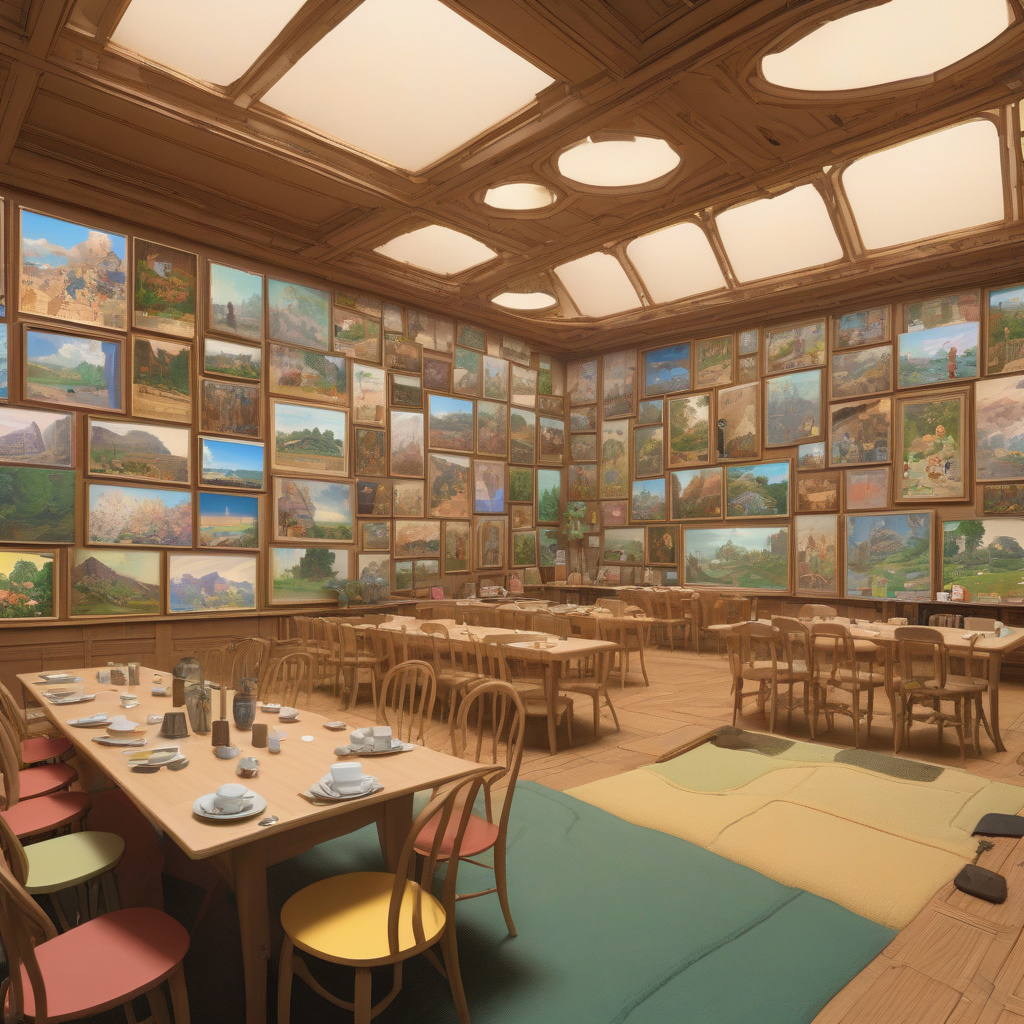OpenAI Faces Copyright Debate Over Ghibli-Style Images
OpenAI, the renowned artificial intelligence research laboratory, has found itself at the center of a copyright debate surrounding its use of Ghibli-style images. The controversy stems from OpenAI’s decision to train its AI on copyrighted works, such as those from Studio Ghibli, to generate AI-created images that closely resemble the iconic style of the renowned animation studio.
Copyright lawyer Even Brown has weighed in on the matter, suggesting that while OpenAI may not be outright violating copyright laws, there are legitimate concerns regarding the implications of training AI on copyrighted material. By using Studio Ghibli’s works as a basis for AI-generated content, OpenAI raises questions about the boundaries of copyright law in the context of artificial intelligence and machine learning.
One of the key issues at hand is whether AI-generated content that closely mimics the style of copyrighted works could potentially infringe upon the original creators’ rights. While OpenAI’s use of Ghibli-style images may not be a direct copy of existing artwork, the resemblance is striking enough to prompt discussions about the ethical and legal considerations of such practices.
The debate over OpenAI’s utilization of copyrighted material underscores the complex intersection of technology, creativity, and intellectual property rights. As AI continues to advance and demonstrate capabilities that blur the line between human-generated and AI-generated content, the need for clear guidelines and regulations becomes increasingly apparent.
Proponents of OpenAI’s approach argue that the use of copyrighted material for training AI models is essential for advancing the field of artificial intelligence and fostering innovation. By exposing AI systems to a diverse range of artistic styles and influences, researchers can push the boundaries of what is possible in terms of creative output.
However, critics raise valid concerns about the potential negative consequences of training AI on copyrighted works, particularly in cases where the resulting output closely resembles the original content. The issue becomes even more complex when considering the commercial implications of AI-generated content that may bear a striking resemblance to established brands or artistic styles.
As technology continues to evolve at a rapid pace, the legal and ethical frameworks surrounding AI-generated content will need to adapt accordingly. Copyright laws were not designed to anticipate the challenges posed by AI systems that can learn and replicate artistic styles with remarkable accuracy.
In the case of OpenAI and its use of Ghibli-style images, the debate serves as a microcosm of the larger conversations taking place at the intersection of AI, creativity, and intellectual property. While the outcome of this specific copyright debate remains to be seen, it is clear that the implications will reverberate throughout the fields of technology, art, and law for years to come.
In navigating these complex and nuanced issues, stakeholders from the tech industry, legal field, and creative sectors must collaborate to establish guidelines that balance innovation with respect for intellectual property rights. Only through thoughtful dialogue and proactive decision-making can we ensure that AI continues to drive progress without compromising the rights of creators and copyright holders.
copyright, AI, Ghibli, OpenAI, intellectual property rights
